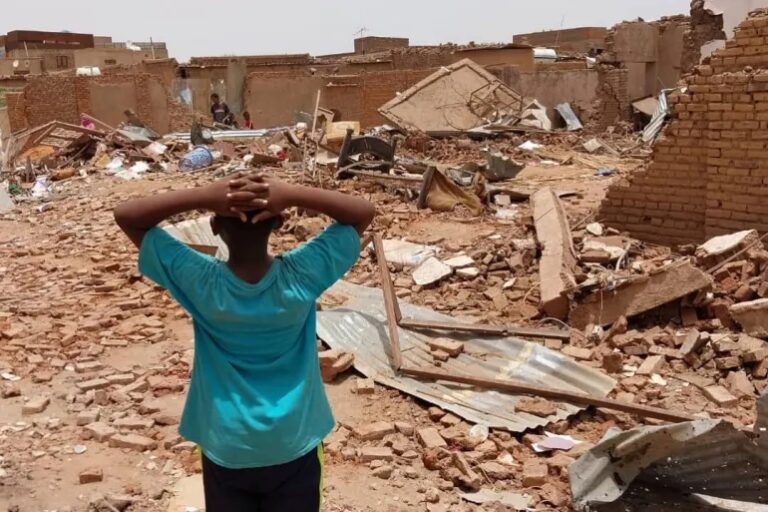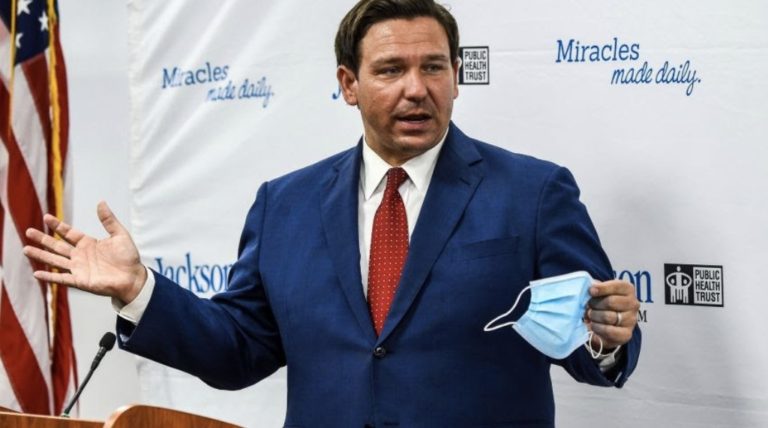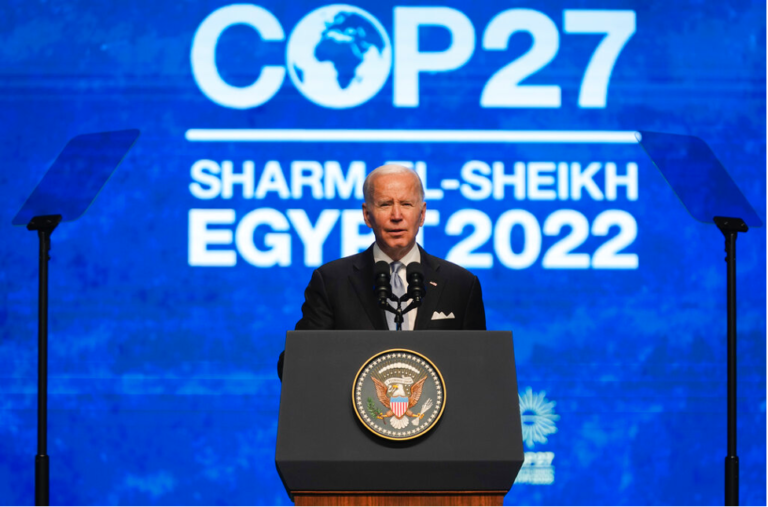
Photo courtesy of the Scientific American
A big point of contention in the race for the 2020 Democratic nomination has been healthcare, and more specifically, Medicare. Healthcare policy has been discussed by all Democratic presidential candidates, and they have taken a clear stance on this issue. However, not all candidates have decisively addressed their plans to combat climate change. To Americans right now, healthcare is about premiums, insurance, coverage, and human rights. In a decade or so, healthcare may just be about environmental hazards, damage control, and survival.
On November 5, 11,258 scientists from 153 countries published a report with warnings that Earth is in a state of climate emergency. Scientists and researchers, according to an article from The Washington Post, are frustrated with the inaction from governments to address this issue, especially as fieldwork conclusively determines that the planet is rapidly changing for the worse.
A special report from the United Nations’ Intergovernmental Panel on Climate Change (IPCC) has also been damning: Scientists warn that a 1.5 degree Celsius temperature increase of the Earth will create weather extremities beyond the point of human control. Island nations will suffer from rising sea levels and tropical countries will endure heat wave after heat wave. Moreover, the World Health Organization (WHO) stated that emissions from fossil fuel-powered electricity are “a major contributor to health-damaging air pollution, which kills over seven million people every year.” Extreme weather events present a clear threat to health security, and the health benefits from addressing climate change “far outweigh the costs of meeting climate change goals.”
Climate change is directly impacting our general health and safety standards. For decades, humans have found ways to mitigate pandemics, from the Spanish flu to swine flu, that have posed a risk to our civilization. Climate change, however, is causing injuries and illnesses in the most mundane forms. Occurrences as commonplace as heatwaves, infectious diseases, changes in air quality and water insecurity have now transitioned into life-altering disasters. Experts in the medical field burden much of the aftermath, from the disease research to the possible treatments. As viruses begin to thrive under extreme weather conditions, humans are forced into a reckoning with the unknown. According to a new report by the New England Journal of Medicine, climate change can increase the spread of insect-borne infections like Lyme disease and West Nile disease, and contaminate fresh food at faster rates.
Scientific American magazine has dedicated much of their publication space to address research about climate change’s effects on general human health. According to a September piece, the Journal of the American Medical Association found that lung cancer patients undergoing radiation were less likely to survive if hurricane disasters disrupted their treatments. Higher temperatures increase chances of skin cancer. Changing temperatures allow the spread of the Zika virus, which hurt unborn fetuses. Extreme rains contaminate drinking water. Hotter days, when the body has less electrolytes, are linked with kidney failure. Smog from wildfires is described by the American Lung Association as “a sunburn on your lungs which may trigger an asthma attack.” To layer onto that, mental health takes a toll from climate change, with disaster-related trauma from hurricanes and floods causing permanent scars on one’s emotional wellbeing.
For many years now, we have seen healthcare policy be restructured, reattempted, and reborn through different administrations. Now, healthcare will see another form of restructuring as we address how our bodies respond to extreme climate change. As the U.S. is still on the outs of the Paris Climate Agreement, we are forced to wonder whether environmental policy is the new healthcare policy. Without a suitable living environment that fosters our civilization’s growth, our medical problems may become as volatile as the changing weather conditions. Politicians must now appropriately link their healthcare policy with the acceptance that climate change is real and needs to be mitigated. If we don’t address healthcare without addressing the environment, we fail to acknowledge the obvious: without the resources of the Earth, we having nothing to sustain ourselves with.



